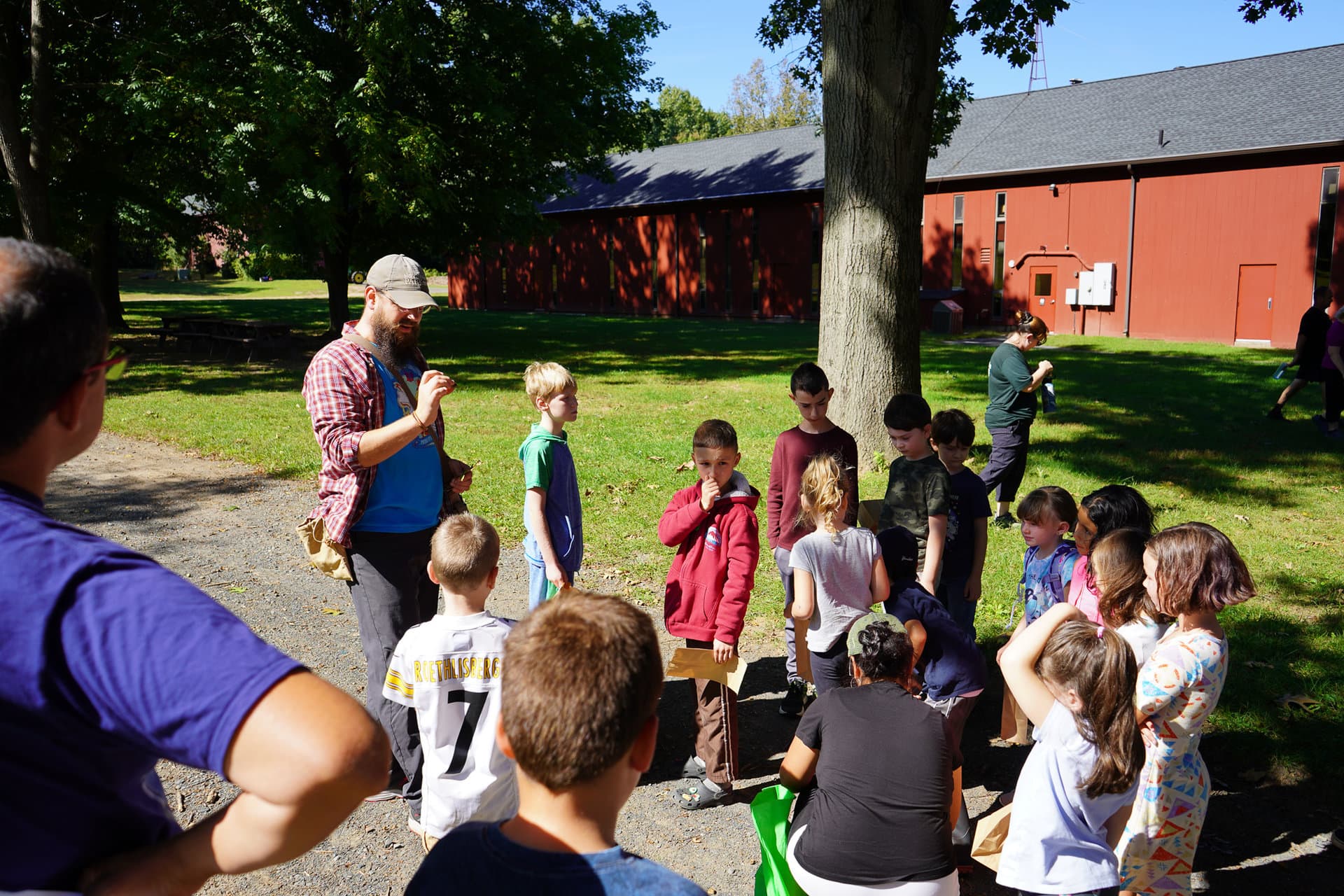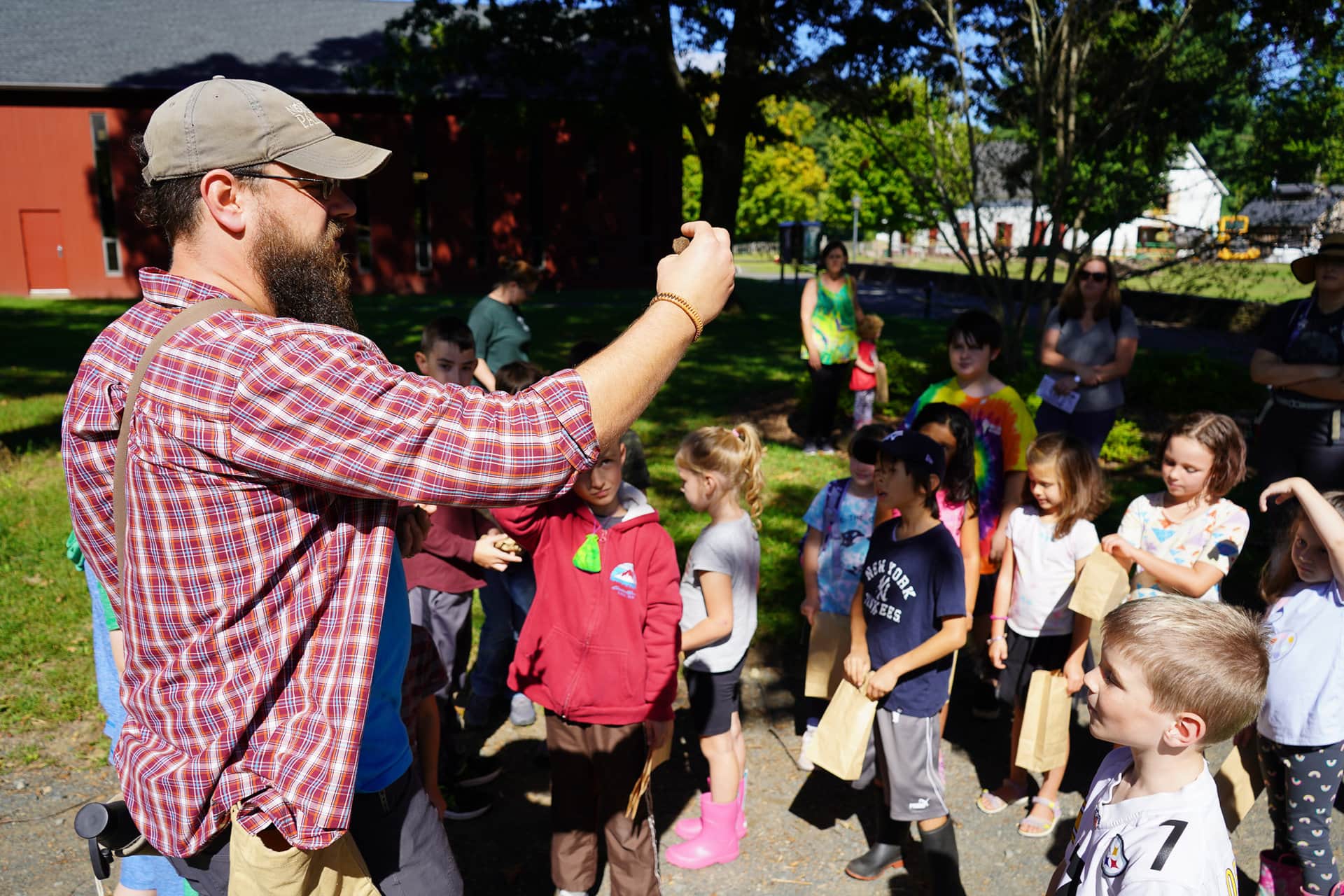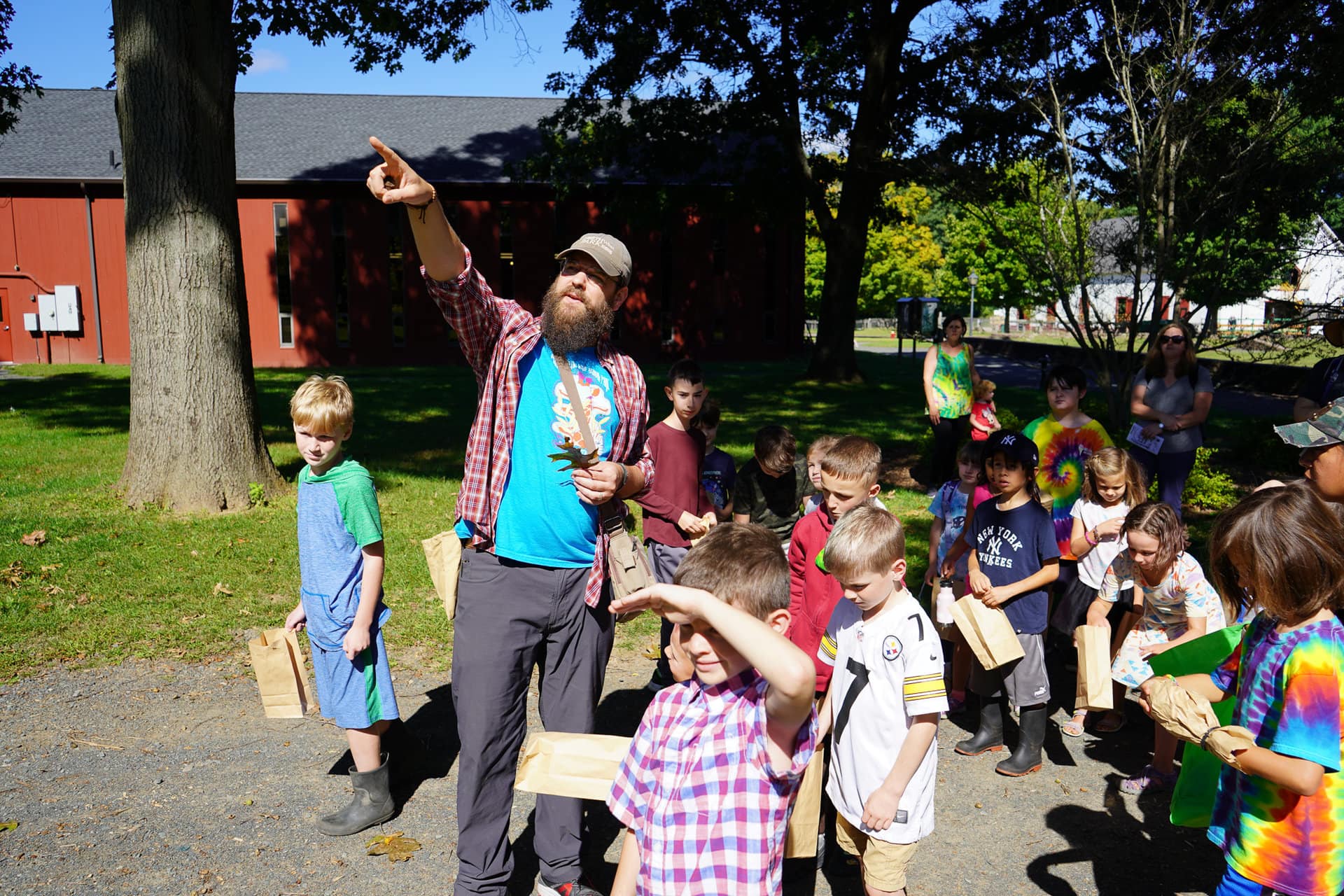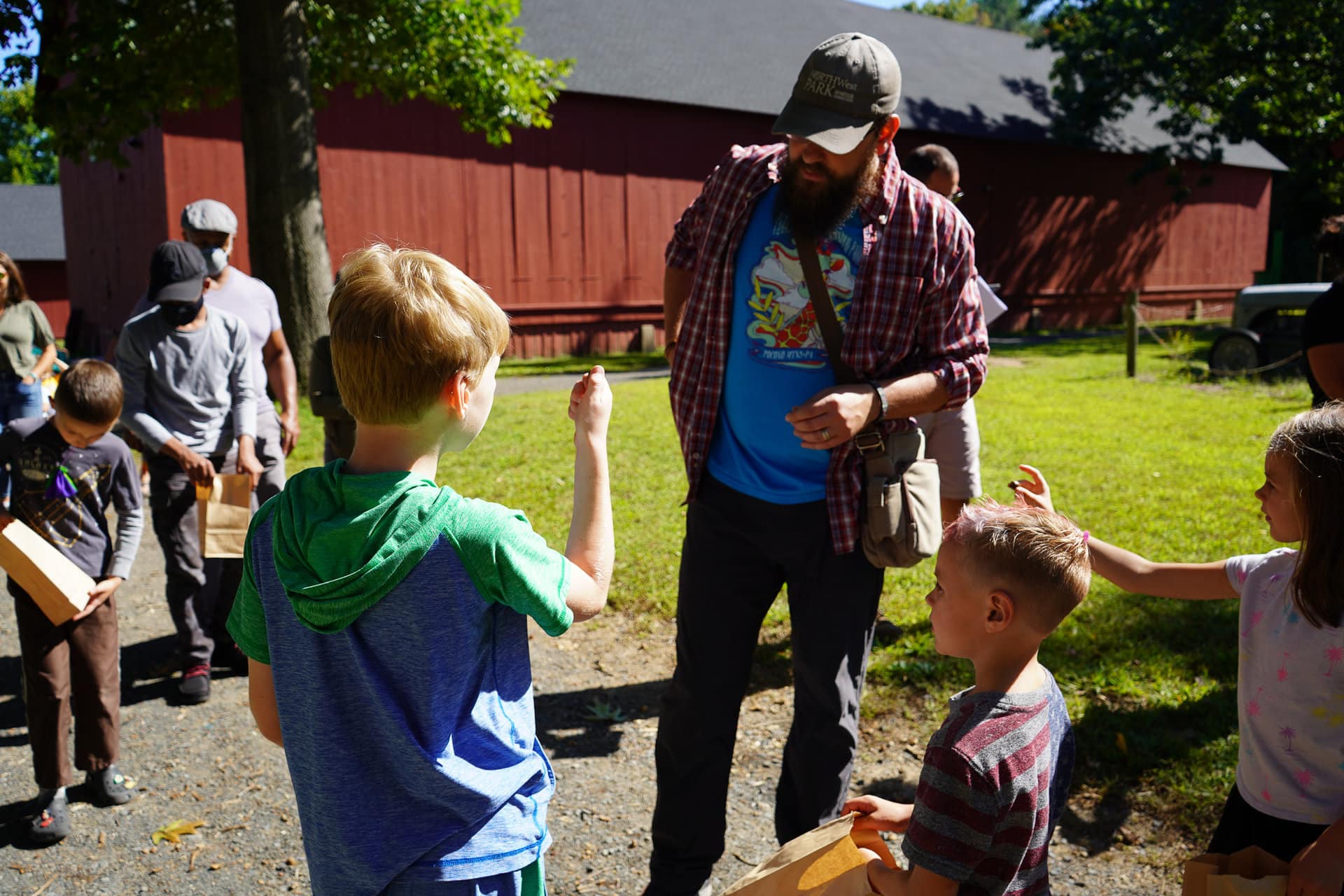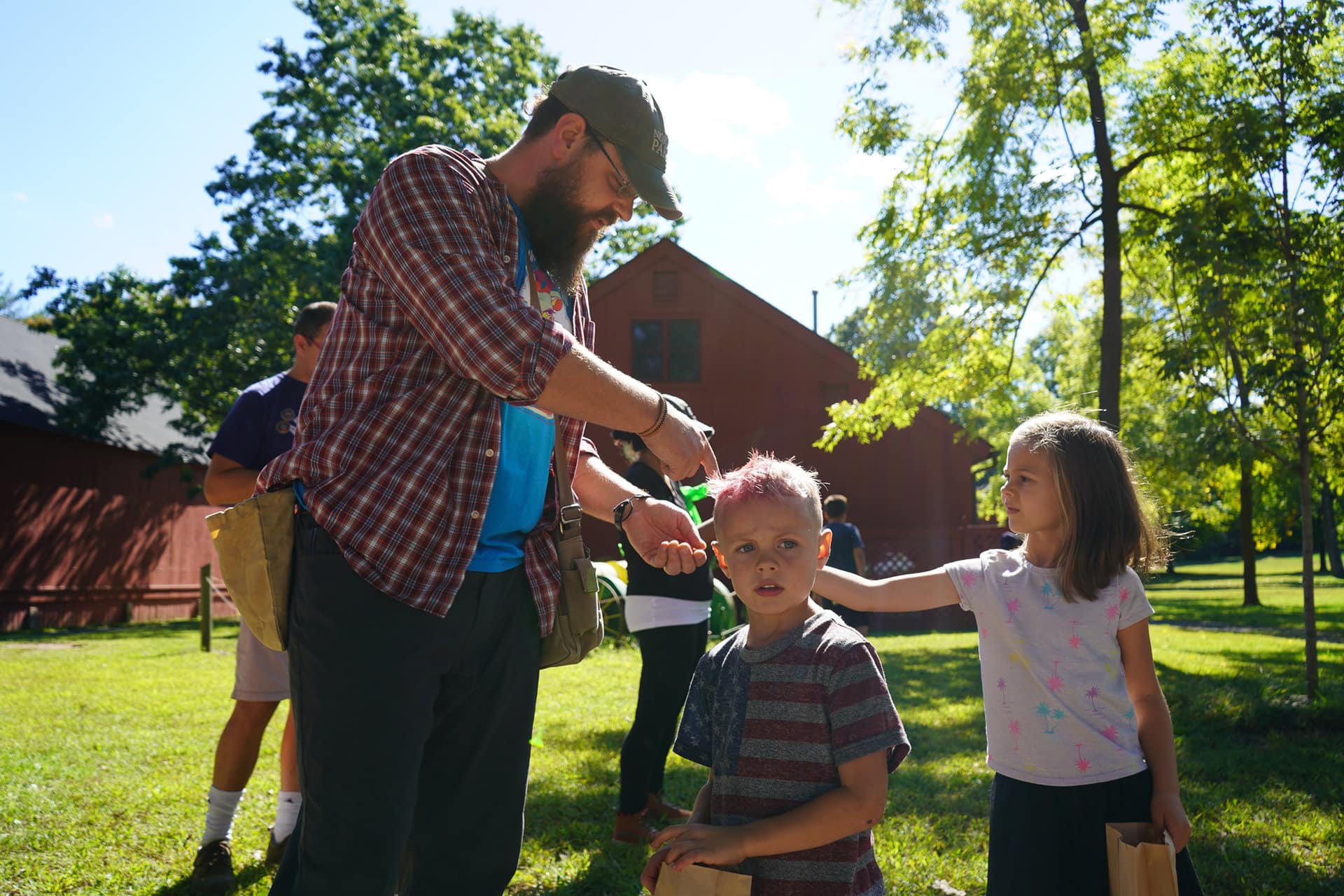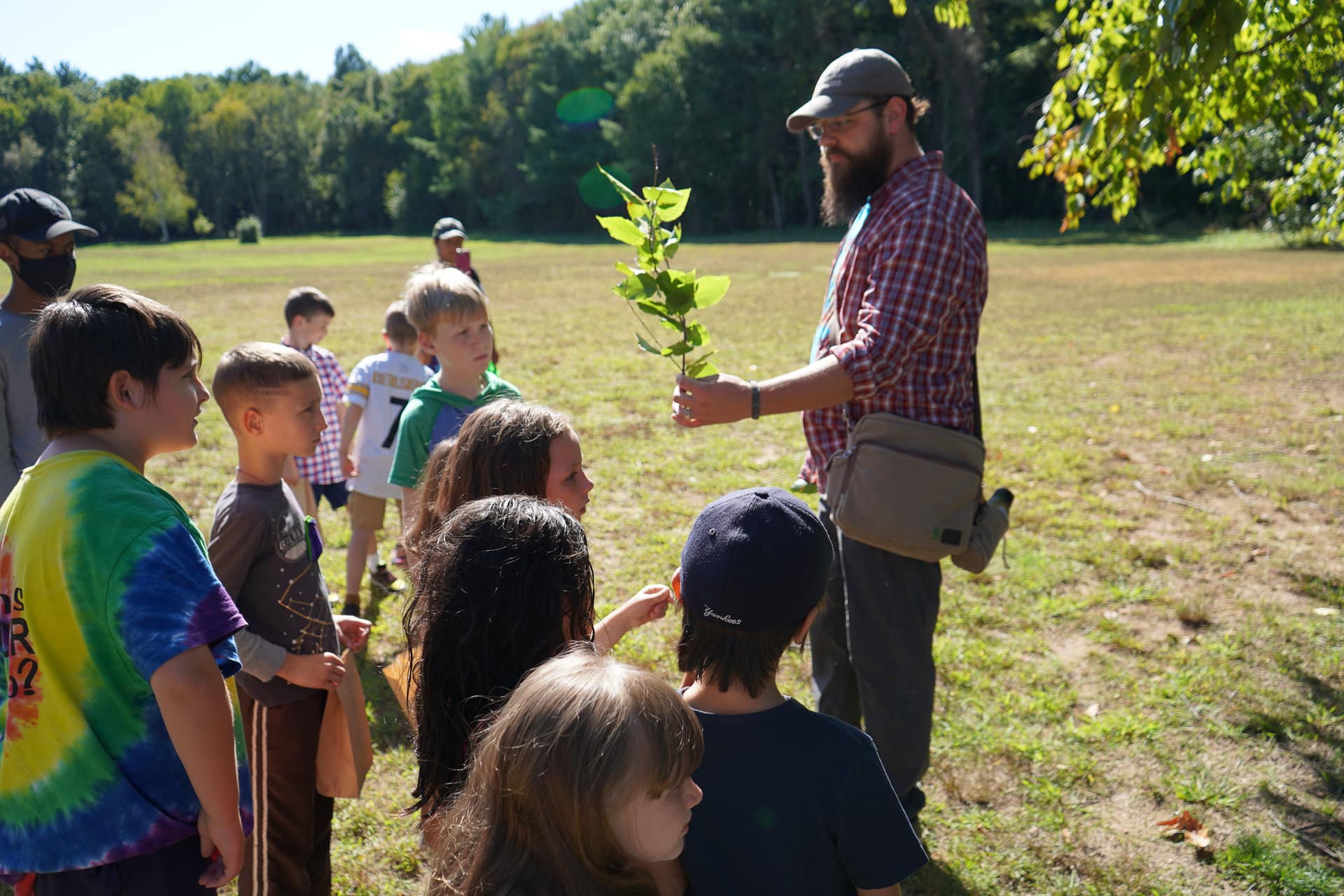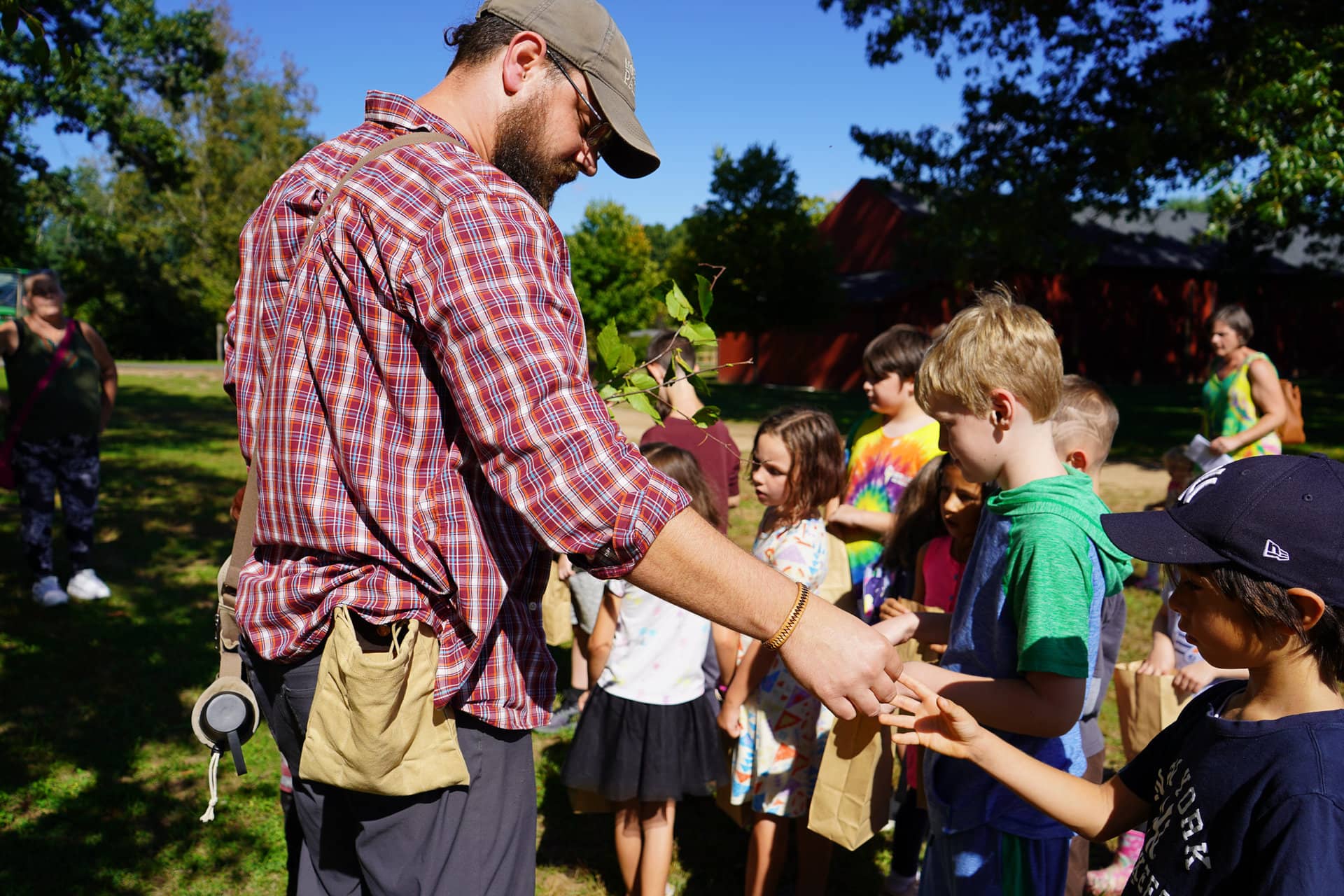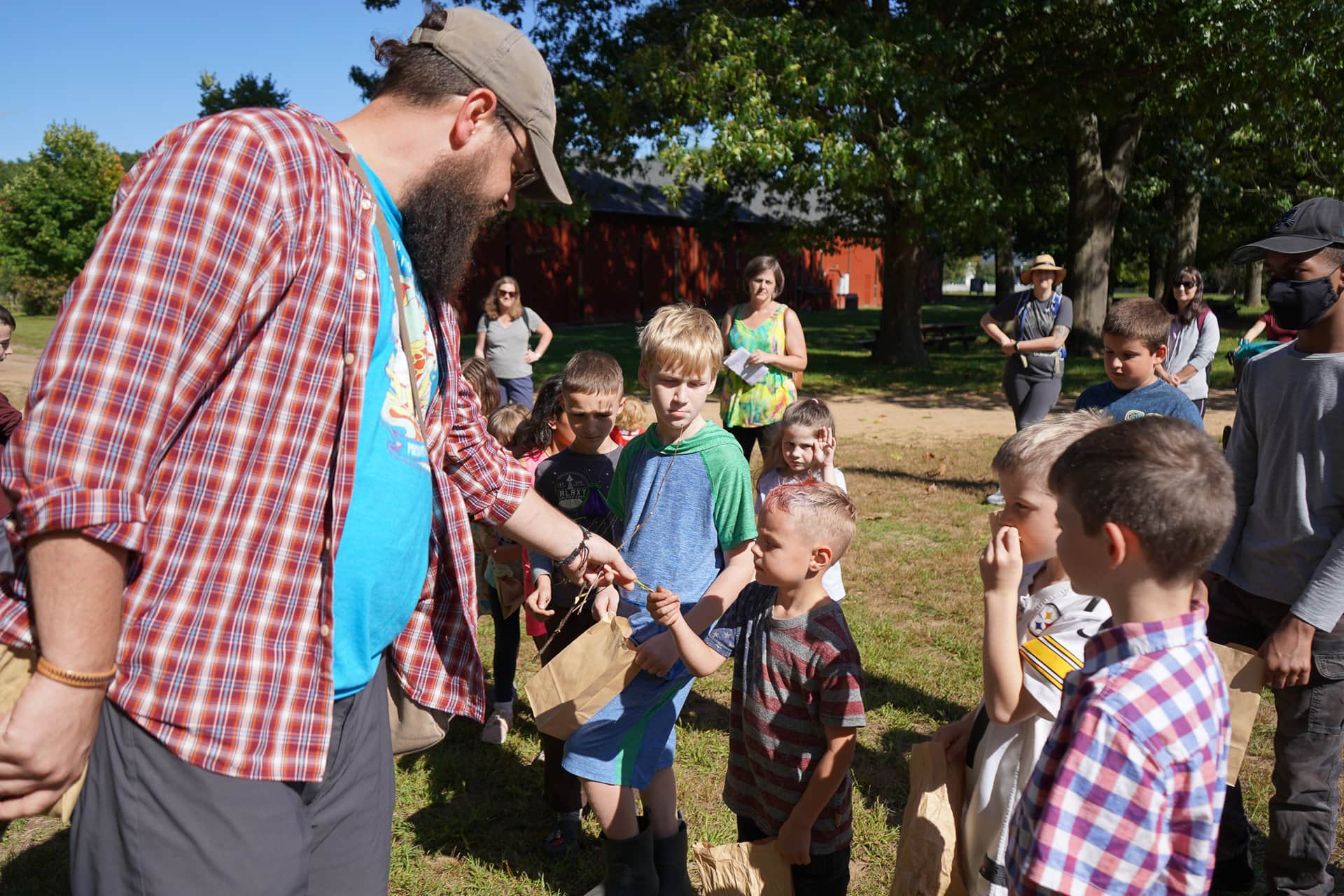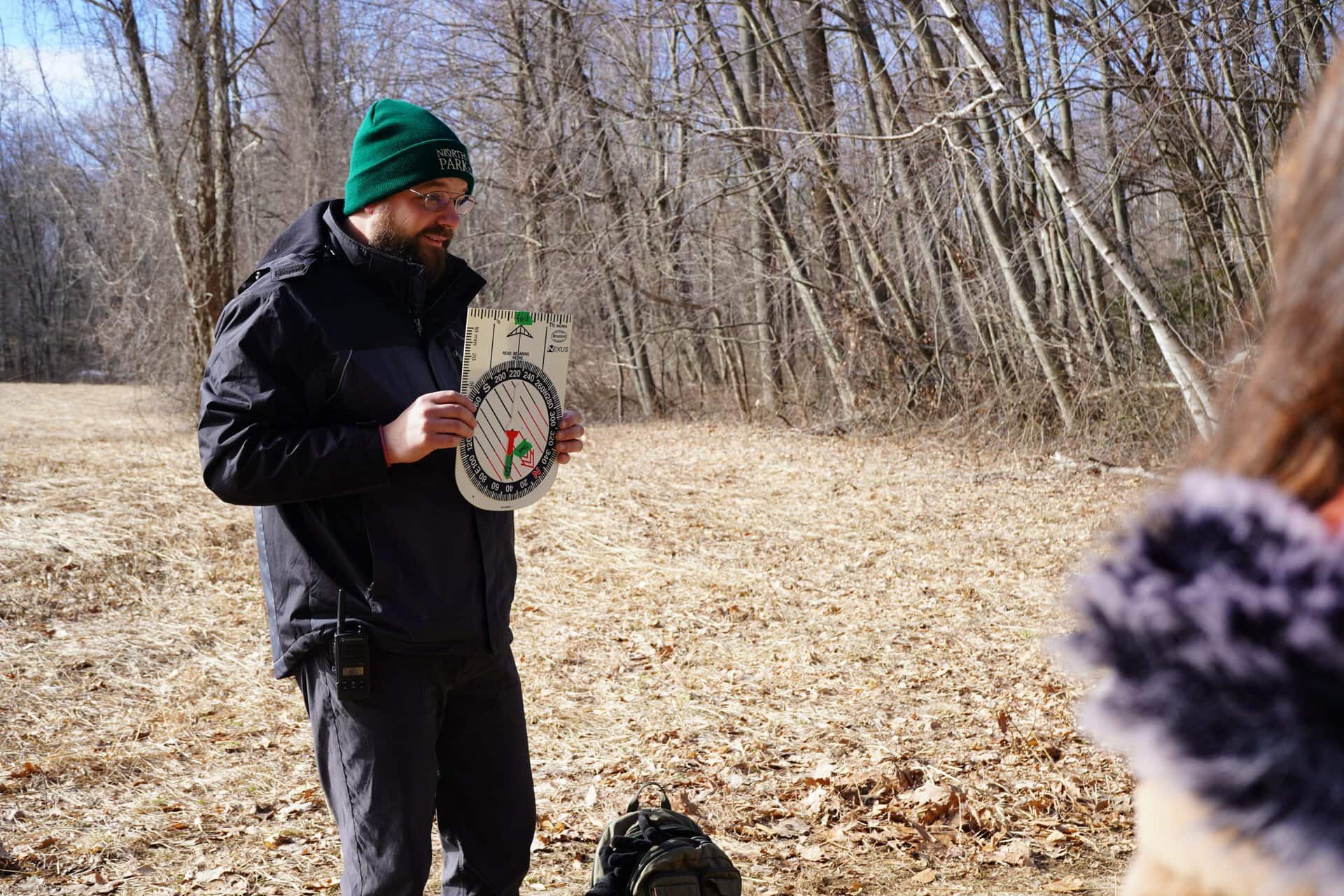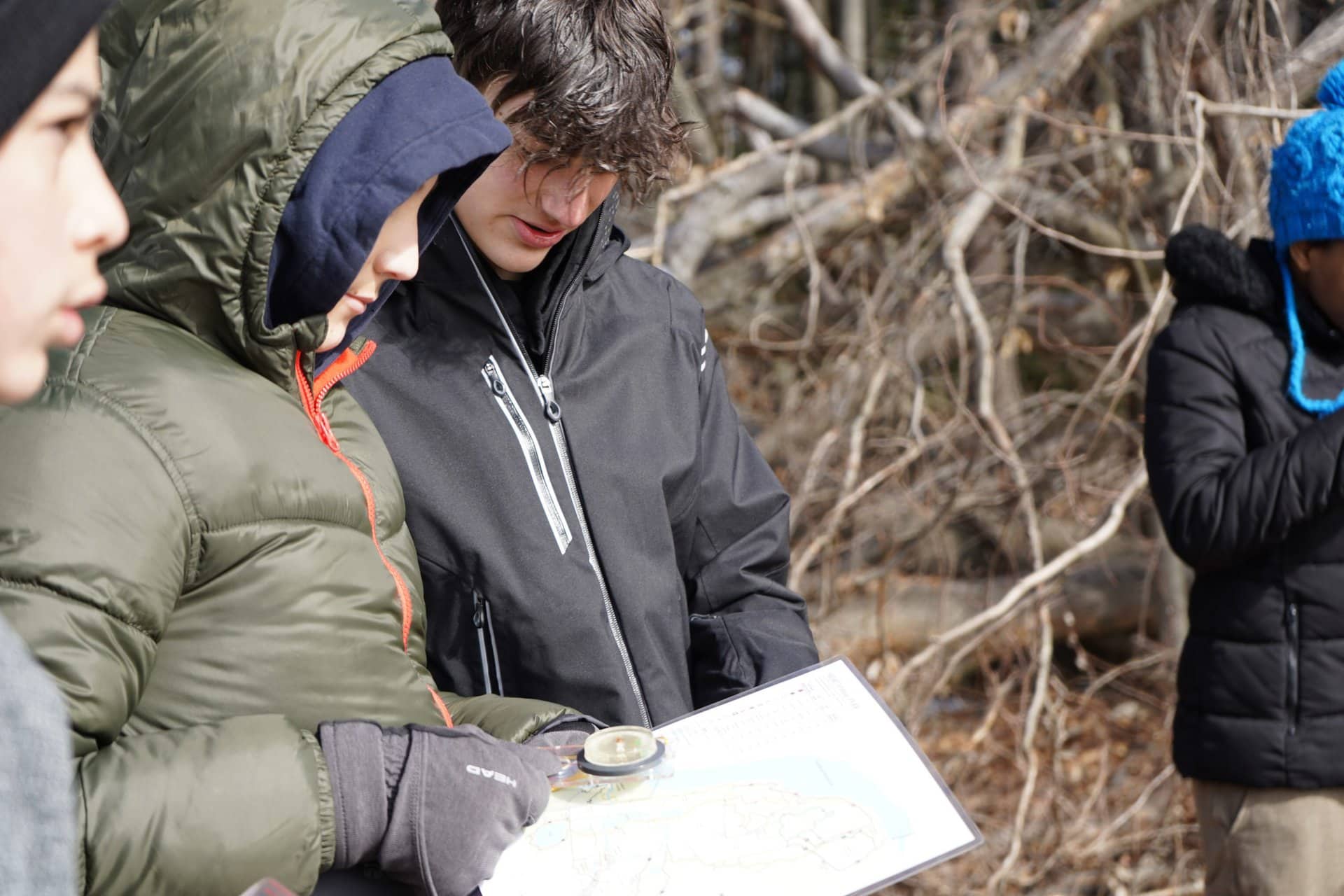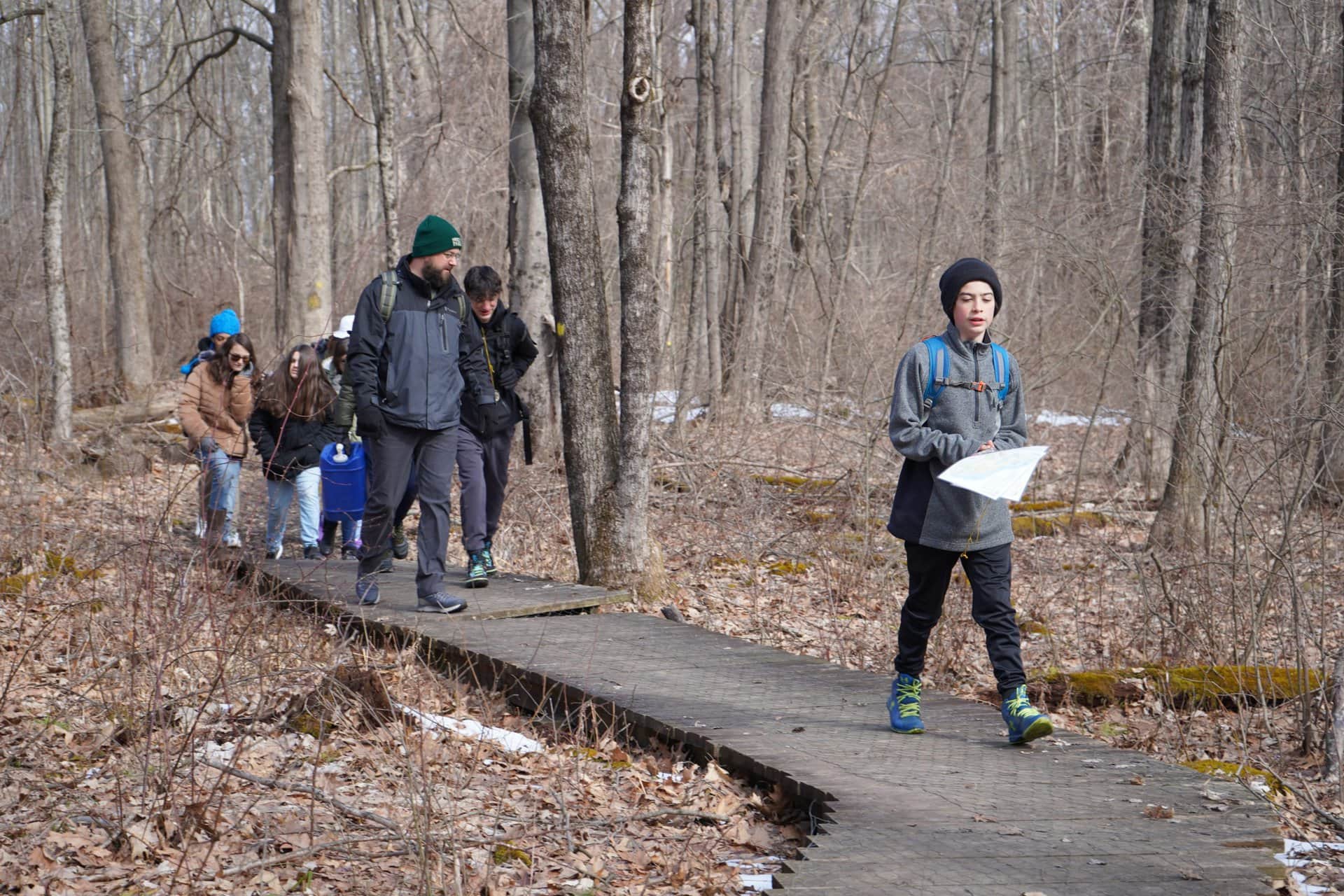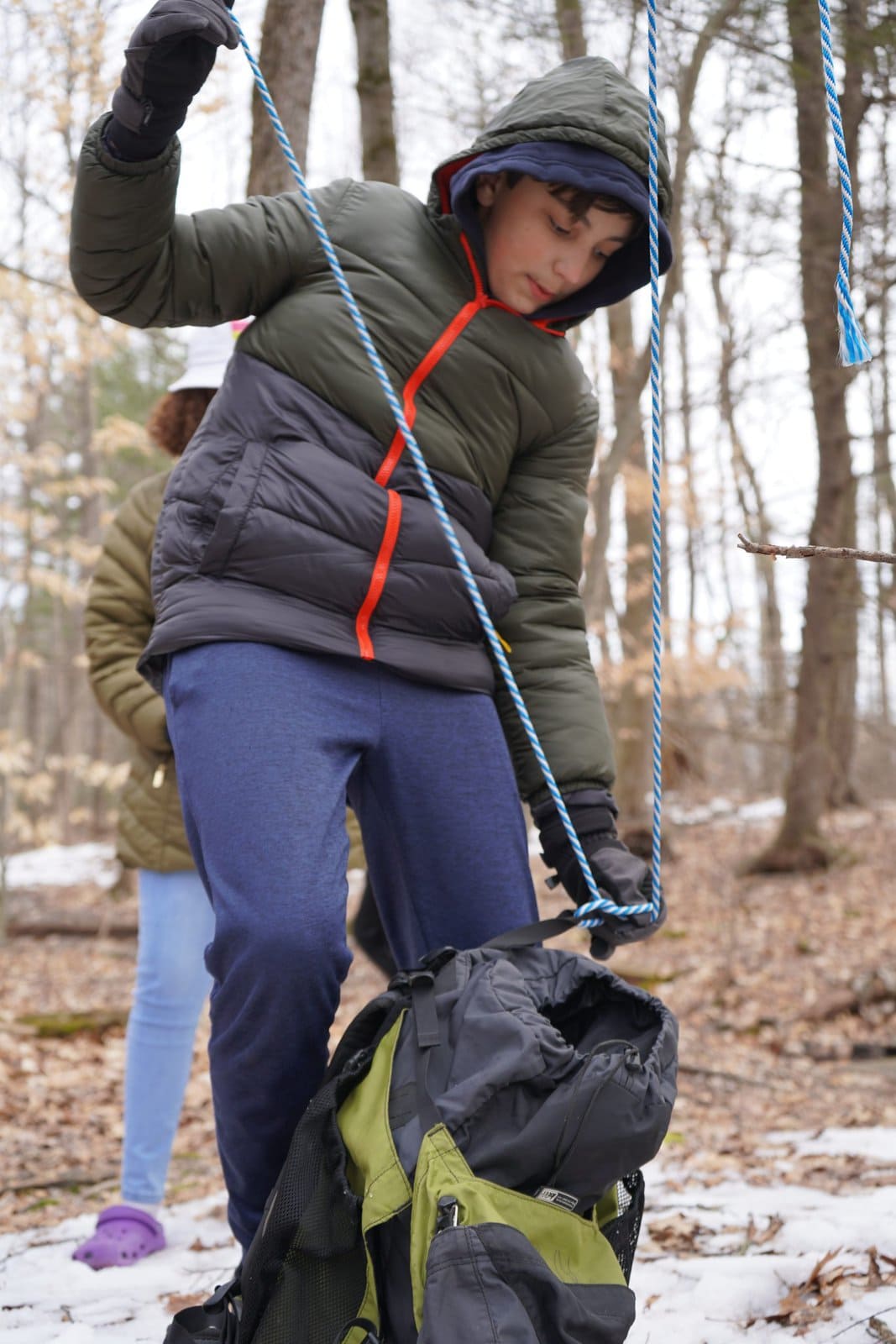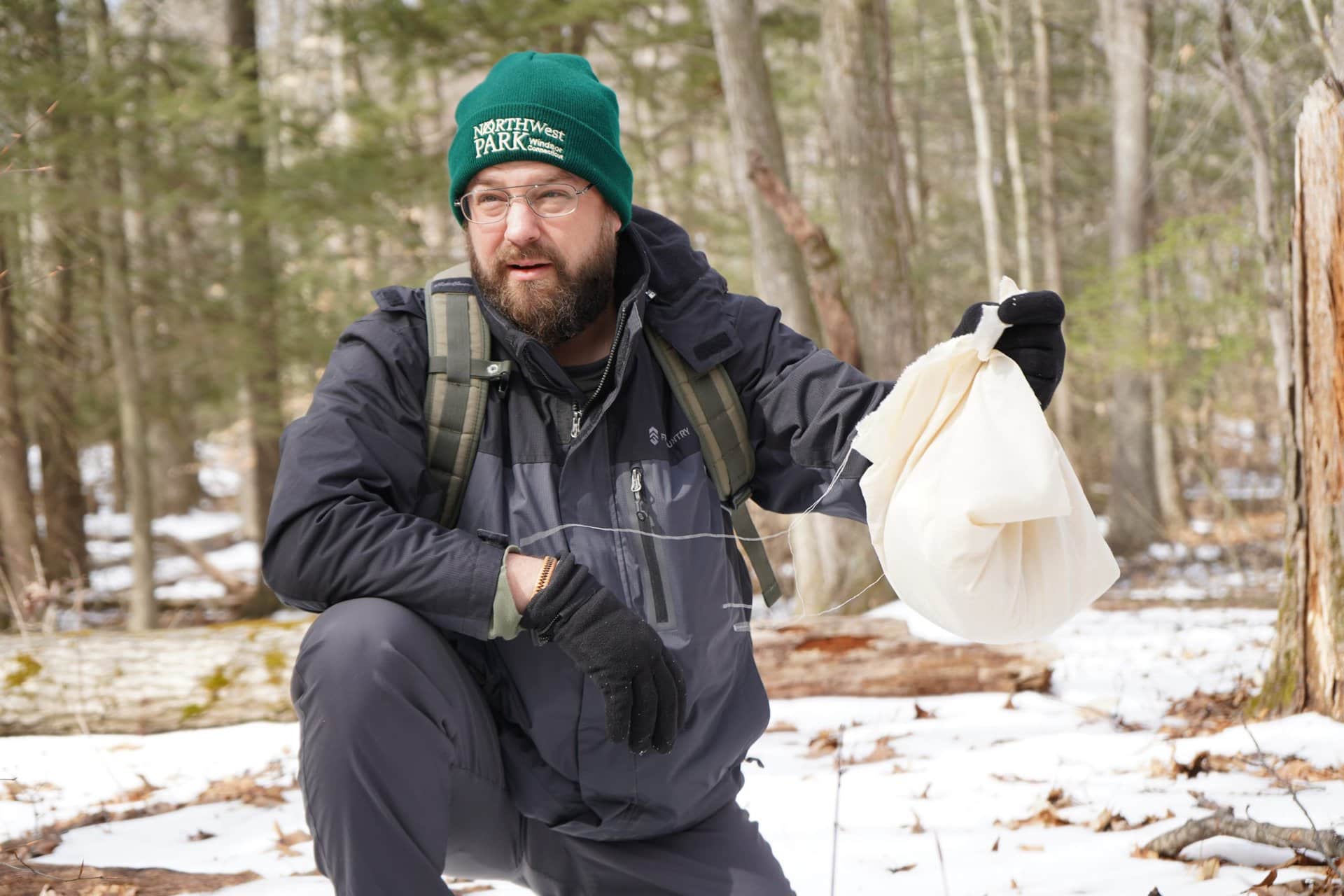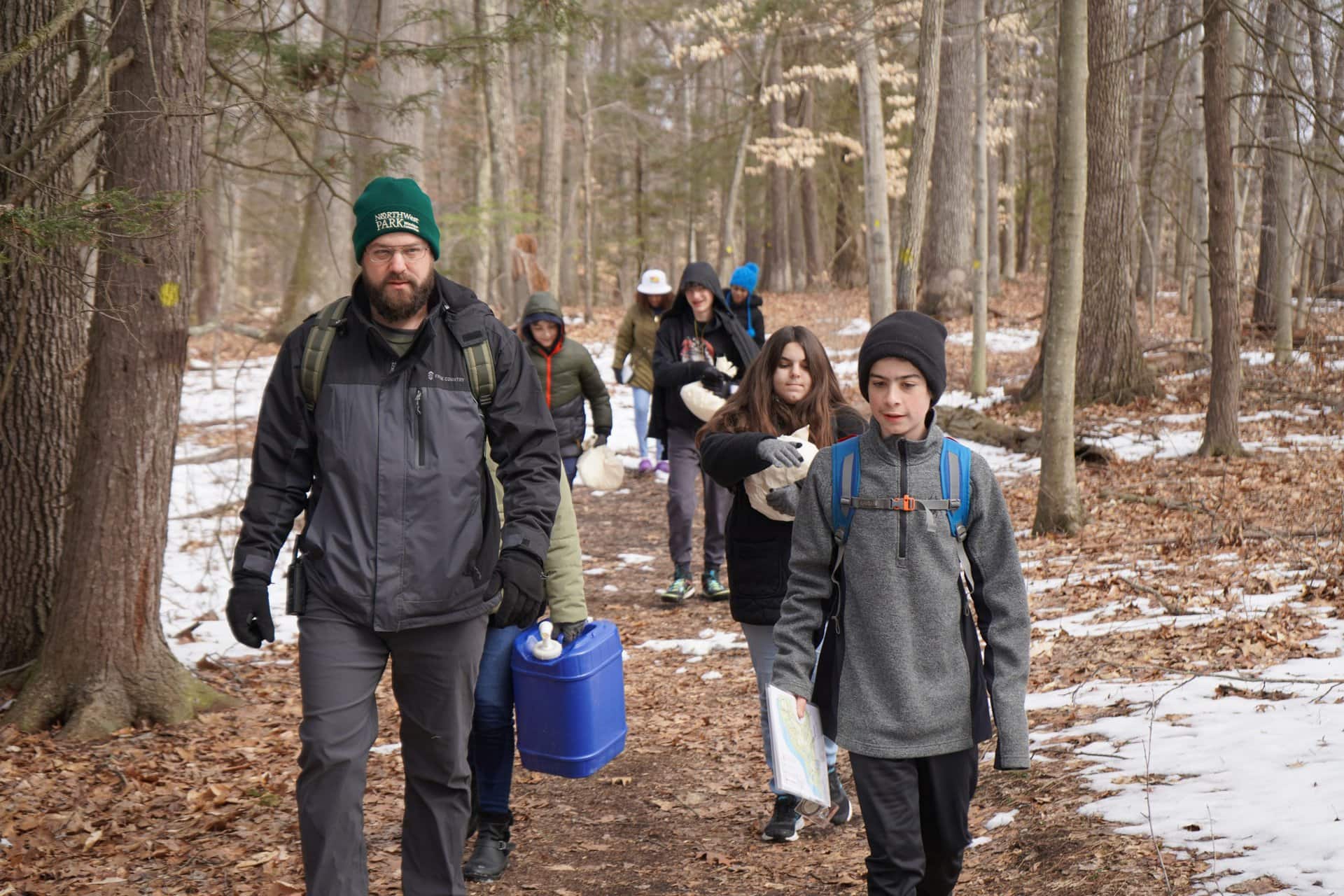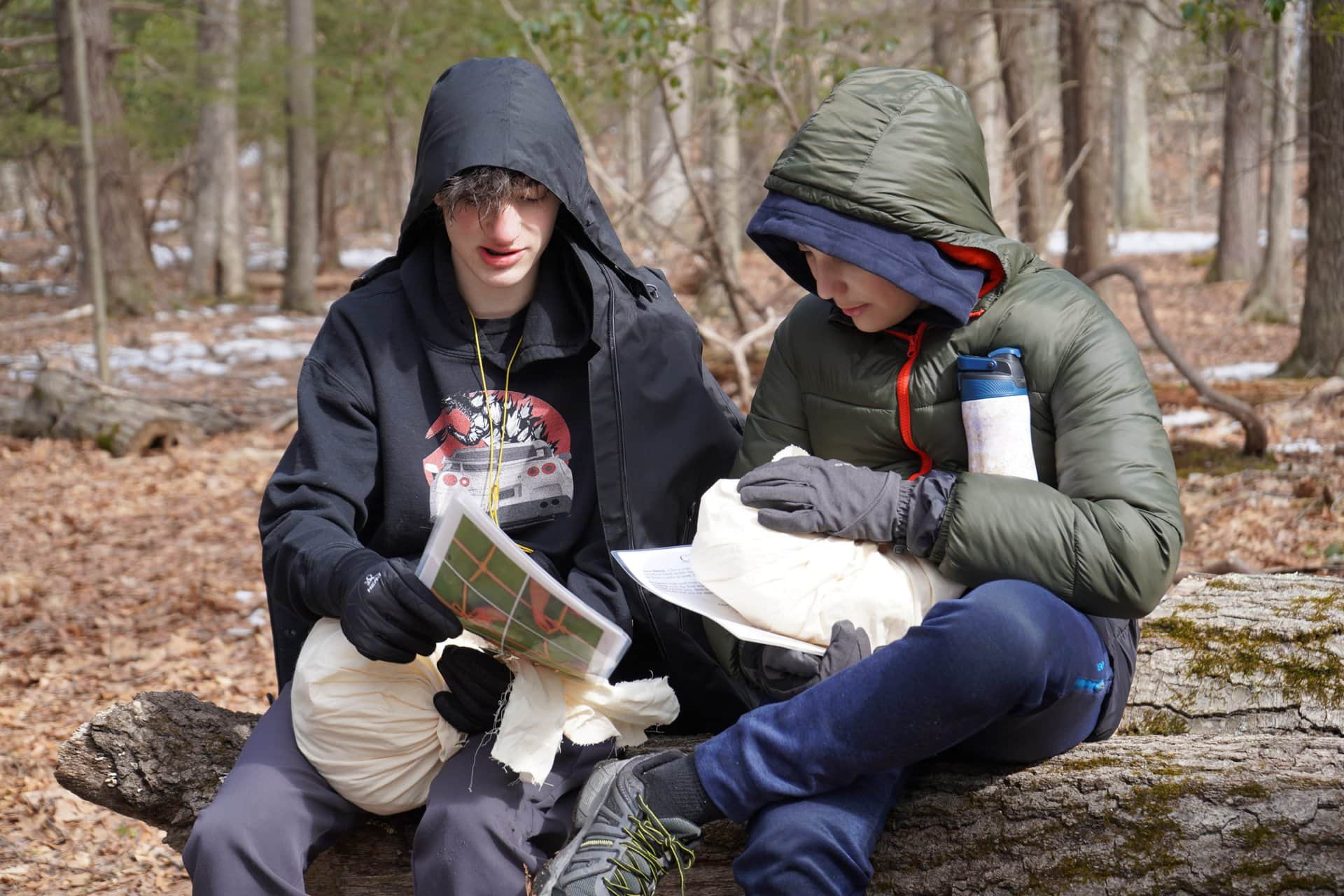Monthly Homeschool Series at Northwest Park
Homeschool programs will return in Fall 2024. Registration will open in late August.
Our Homeschool Programs
Ages 5 to 10:
Each month, Northwest Park invites homeschool students, (ages 5-10), and their guardians to join us in hands-on science and nature exploration. Classes are held on the first or third Wednesday of each month. Choose from 10:30 AM to 11:30 AM or 2:00 PM to 3:00 PM. Guardians should be prepared to stay for the program and work with their student(s). NWP educators will be providing additional background information on each topic and modeling scientific instructional methods. A packet of take-home resources and activities will be provided at each class.
Ages 11 to 14:
Northwest Park invites homeschool students, ages 11-14, to join us in hands-on science and nature exploration! In this one hour program, students will be immersed in field based learning and encouraged to ask questions, seek answers and explore new ideas as they develop real world skills. Parents/Guardians may choose to drop-off their students or stay for the program. Classes are held the 3rd Wednesday of each month from 12:30 PM to 1:30 PM.
Windsor resident – $12.00/class | Nonresident – $15.00/class. Registration is required.
’23 – ’24 Monthly Topics:
September: The Bees-ness of Bees (Honeybees)
Explore the globally important role honeybees play in food systems and compare them to other native pollinators in New England. Who pollinates better? How do honeybees live? Discover how a managed hive is set up and why we do it that way.
October: Carpe Noctum (Creatures of the Night)
New England is home to many creatures of the night. However, not all that comes out at night needs to be feared! Explore the behaviors of the many nocturnal animals that roam when we go to sleep.
November: To Sleep, or not to Sleep (Hibernation)
Not all animals hibernate in winter, but those that do must shut down their bodies to an incredibly extreme degree. Learn about the myths of hibernation, what hibernation means and how various animals go through the process of slowing their body functions down to survive the cold.
December: Seeing the Forest for the Trees (Dendrology)
Each tree in the forest is unique and special, but essentially all woody vegetation shares similar biology. Learn how trees move food, go dormant for the winter, fight off infection, survive fires, and all around, forest together.
January: America’s Animal (Bald Eagles)
Every winter Bald Eagle counts are done to determine the health and population growth of America’s symbol. Explore the history of the Bald Eagle and its significance as a symbol and its importance as a wild species and as an environmental success story.
February: The Vanishing Wild (Habitat Loss)
Habitat loss is real and an everyday occurrence. Backyard wild animal sightings are on the rise as the boundary between “wild” and “human” become blurred. Investigate how animals have adapted and survived to the fast changing world in which we all live.
March: Sounds of Spring (The Sounds of Spring)
Investigate Spring happenings through sound as we explore the various sounds and noises that trumpet in nature at this time of year. Make noise and learn about various frog sounds, bird calls, rain sticks and more!
April: Have Seed, will Travel (Native and Invasive)
Take a trip around the world with invasive species, discovering their incredible journey and how they affect you and your backyard.
May: The Ultimate Critter Showdown (Adaptations)
All animals are specially adapted to survive in their habitats. But which animals do it the best? Compare and contrast animal adaptations as they go head-to-head in the ultimate critter showdown!

